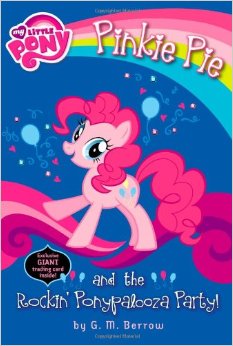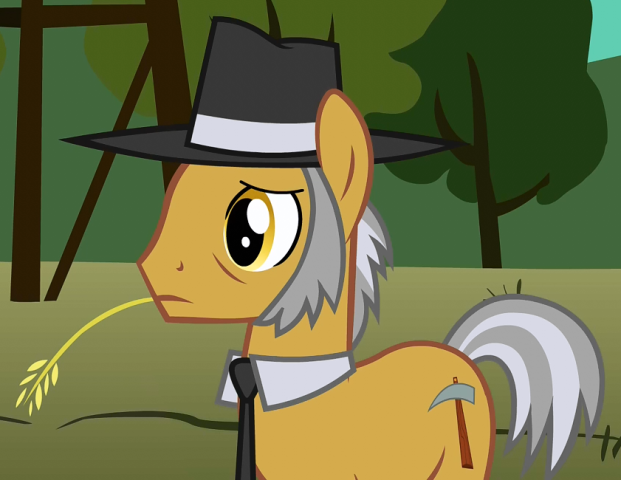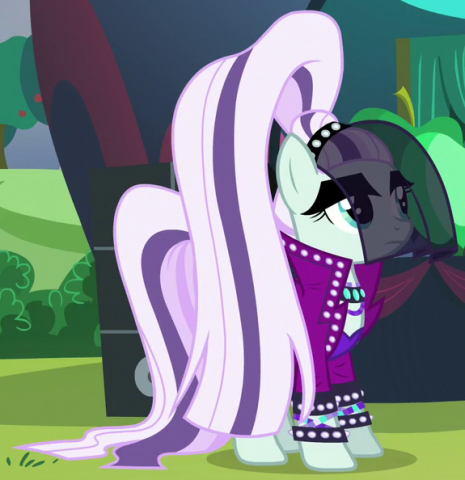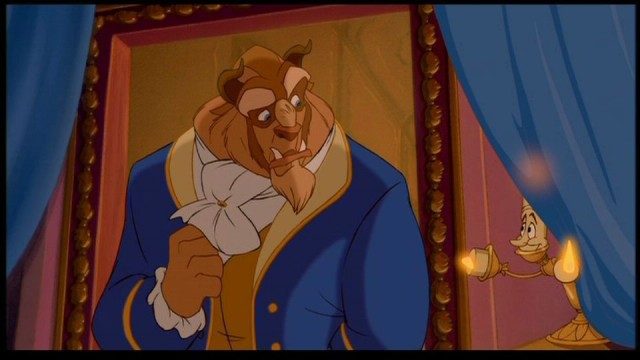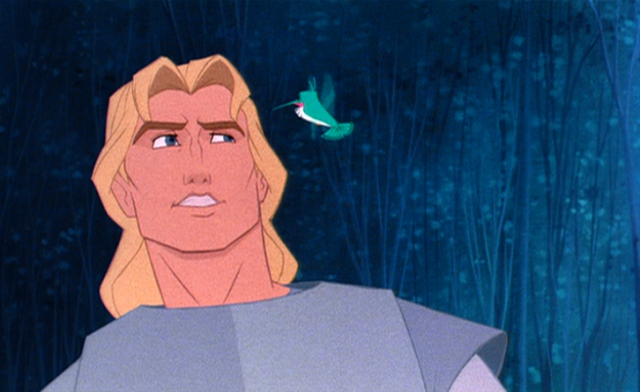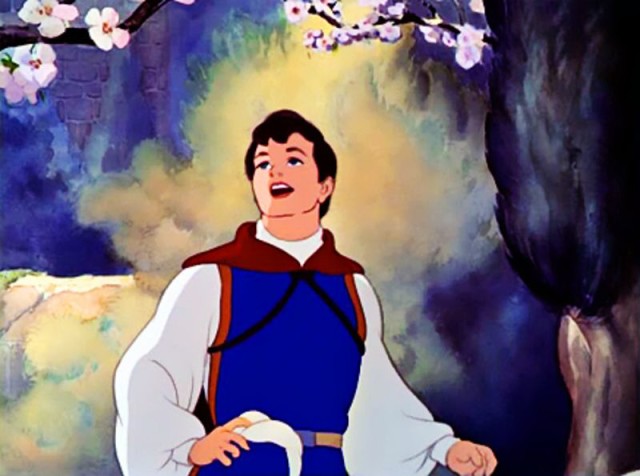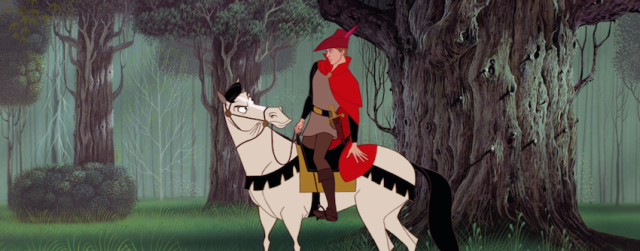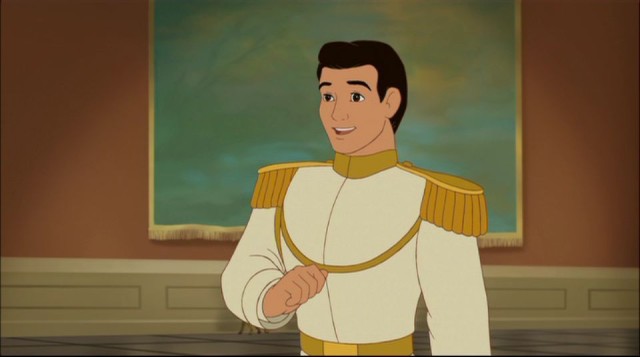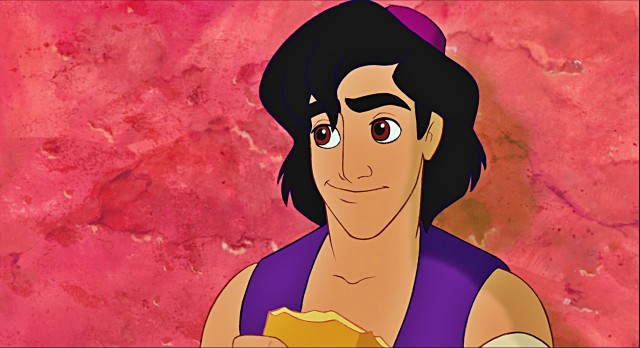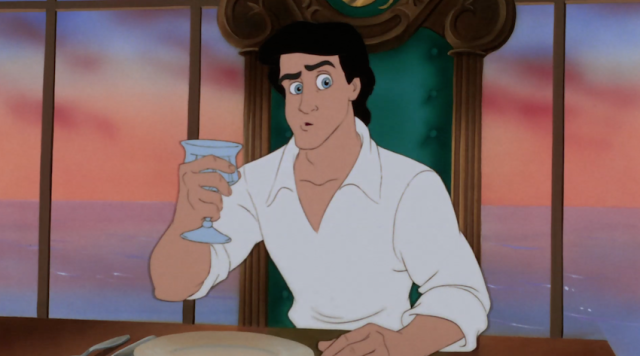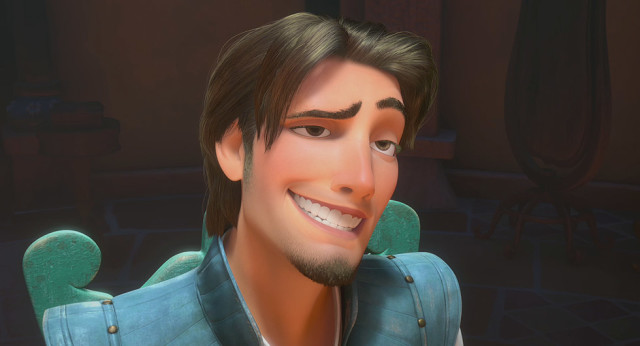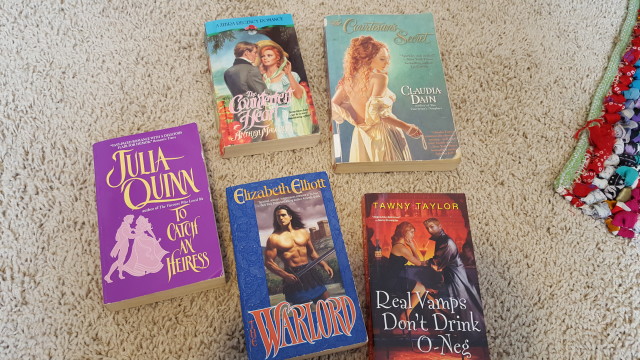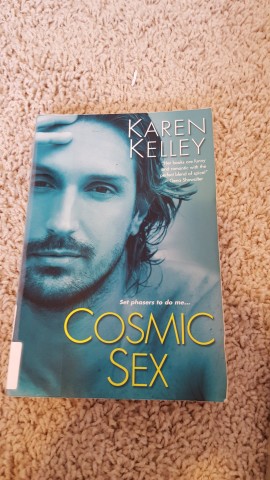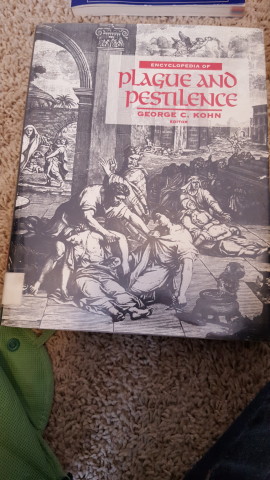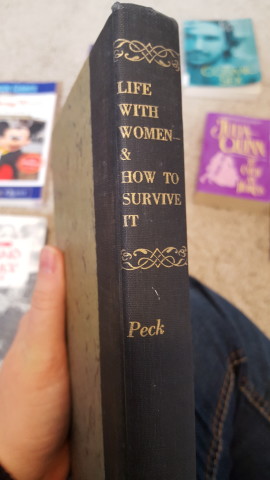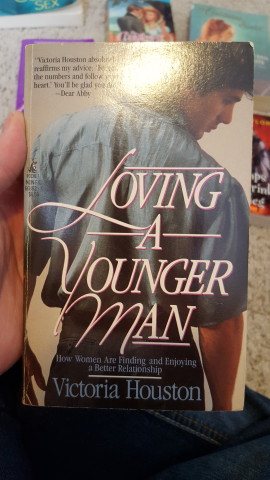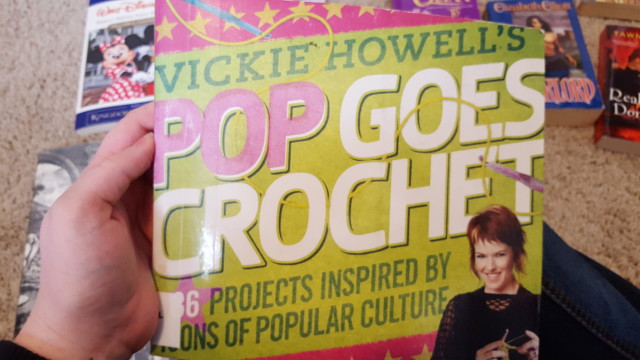This book was probably the best thing anyone has ever found at a library book sale:
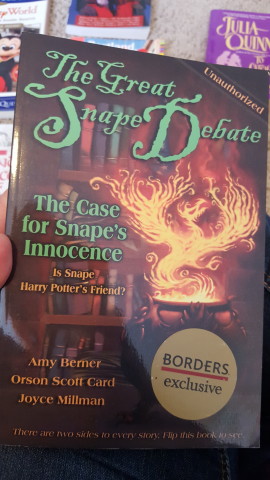
The “Unauthorized” Great Snape Debate
This book is amazing for so many reasons. The giant “BORDERS EXCLUSIVE!” sticker, the fact that if you flip it upside down, you get the counterpoint argument:
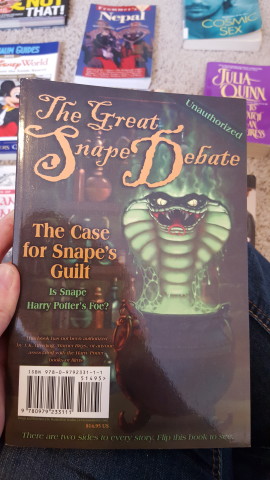
Children love this shit
But most of all that this book was ONLY culturally relevant between July 2005 and July 2007, when Book 6 ended with (spoiler alert?) SNAPE KILLING DUMBLEDORE and Book 7 revealed HIS DRAMATIC BACKSTORY. In consequence, reading this time capsule in 2015 is hilarious. Also, I highlighted parts to remember for this blog post, so the next person to read this book is going to think a crazy person was the last to read this (they may be right).
Both The Case for Snape’s Innocence and The Case for Snape’s Guilt go through the same format:
Chapter 1: Proof from the book of Snape’s Innocence/Guilt
Chapter 2: Literary Devices employed that support either theory
Chapter 3: A Biography of Snape from each perspective
Chapter 4: Other roles Alan Rickman has played where he’s been a reluctant hero/villain
Chapter 5: Slytherin House Isn’t All Bad/Slytherin House Includes Only Hitlers
Even though (spoiler alert?) Book 7 would reveal that the “Snape’s Innocence” section was ultimately right in that Snape was following Dumbledore’s orders to kill him, “Snape’s Guilt” section made FAR better points in this book. I think because, even though Snape ended up being “good” (arguably), he was still a raging asshole. Reasons why we should trust Snape supposedly include:
“Snape teaches Harry exactly the things he needs to know in order to survive the dangers at hand or to make sense of confusing events” (3)
Which is only a little bit true if you assume Snape is responsible for the set Hogwarts potions curriculum.
The main justification this section uses is the same as the one in the book: that Dumbledore trusts him and Dumbledore is COMPLETELY trustworthy and has everyone’s best interests at heart.
Sometimes he [Dumbledore] is wrong. But from what we’ve seen of his unfailingly ethical and civil behavior…” (10)
Snape’s Guilt has my back on this, because even if you don’t use any evidence from Book 7, Dumbledore is still sketchy as hell.
“the “well-protected” Sorcerer’s Stone is blocked by a set of creatures and tasks that three mere first-year students are able to overcome all by themselves” (8)
“Dumbledore hires the inept egomaniac Gilderoy Lockhart for the Defense Against the Dark Arts position in Harry’s second year, while Harry and his friends see through his thin facade of talent after a single class… Lockhart, however, is not in league with Voldemort, making him an almost decent choice in comparison to some of the others” (7)
“Dumbledore is not exactly the best judge of character” (5)
Dude couldn’t even recognize that his boy Mad-Eye Moody was actually a Death Eater in disguise for ALL OF BOOK 4. And you’re all trusting him to not get you killed? Come on.
The Case for Snape’s Innocence also makes you try to think that Snape had ~hidden good guy reasons~ for all his shitty behavior:
“Snape had concerns–Lupin presented a danger to students, as he almost was to Snape himself… in his very first class, the memory of his own near-miss with death due to Lupin’s nature impossible to put aside, [he] assigned an essay on how to recognize werewolves so that, should Lupin become a danger, his students would be prepared” (52)
Yeah, that time he got Lupin fired he was just ~worried about the children~. Plus, even if he is an ass, The Case for Snape’s Innocence knows it’s not really his fault he’s like this. After all, everyone saw his underwear when he was 15!!!!
“The underpants, and the shame they represent, are at the root of everything” (37)
The Case for Snape’s Guilt calls bullshit on this too:
“In a display of bitterness and stunted emotional growth, Snape takes his revenge on James by picking on Harry… it’s tempting to view him as a victim, but Harry has had a pretty rotten childhood himself, yet still manages to rise above misery and self-pity” (35)
My favorite part from the Case for Snape’s Innocence section is either this:
“The beauty of the softly simmering cauldron with its shimmering fumes, the delicate power of liquids that creep through human veins, bewitching the mind, ensnaring the senses” (137). The only way this could have been a greater entrance was if Snape recited the speech while being lowered into the classroom on a harness like Tom Cruise in Mission Impossible.”
Because what the hell? Or citing Alan Rickman’s character in Love Actually as a “flawed hero” figure:
“Although thoughtless to the effect his wandering attention is having on his wife, Harry does resist the temptation Mia presents” (61)
Except, nope, Word of God confirms that was a full-on affair.
But besides trying to defend Snape’s questionable virtue, the ACTUAL best part about this book is how many Harry Potter fan theories about Book 7 it contains. Prevalent among them was that somehow Dumbledore wasn’t really dead:
“Some fans who believe Snape is innocent theorize that Snape and Dumbledore faked Dumbledore’s death… Rowling’s response was, “Dumbledore is definitely dead.” (She didn’t, however, say anything about whether he’s going to stay that way…)” (11)
And of course lots of people had predicted the Snape/Lily unrequited love before Book 7 confirmed it, but The Case for Snape’s Innocence doesn’t want to go too far into fan theory territory, just noting that mabye “Snape and Lily formed some kind of bond over their mutual talent for potion making” (12). The Case for Snape’s Guilt argues right back that, if Snape actually loved Lily, “Wouldn’t he avoid pointlessly harassing Lily’s only son, even if it is just for her sake?” (21). You’d think, but sometimes the assholery is too strong to resist.
Other amazing theories:
“Could there be a good-magic equivalent of the dark-magic Horcrux?” (81)
This was part of a possible explanation about how Dumbledore might not really be dead lol. And:
“Based on what we know about Lily’s mastery of ancient magic, it’s possible, even likely, that Lily’s ability to see “the beauty in others” was more than a figure of speech” (23)
A surprising amount of time was devoted to this theory which rests on a line from the movie version of Prisoner of Azkaban and an understanding that Lily dying for her son=protecting him from Voldemort was something she did with conscious knowledge about what would happen (debatable). The authors go on for at least a page about how Harry “having his mother’s eyes” probably means that he also has inherited this magical ability they’ve made up about “seeing into people’s hearts.” Nice try, 2006.
Previously: Library Book Sale

